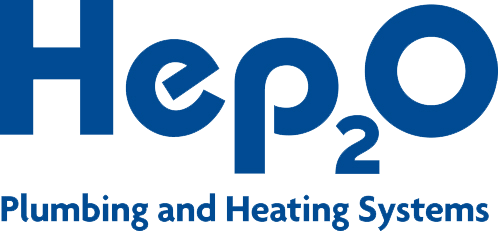Back
Don’t make a drama out of a crisis
Andrew’s monthly column for Glass Times magazine, the specialist publication for glass and glazing companies.
Purplex MD Andrew Scott discusses how installers can turn consumer demand into more profitable business
It seems the glass and glazing industry is bouncing from one crisis to another. We’ve seen the Referendum, Brexit and a General Election impact sales and margins, while Covid-19 effectively closed down the industry.
But now it appears we are dealing with a different crisis – with demand outstripping supply and companies large and small feeling the pressure as lead-times are extended, service level drop and prices going up.
Nobody could have predicted the current situation and manufacturers and suppliers across the industry are working hard to increase capacity and stock levels to meet customer demands.
In my Glass Times column last month, I discussed how businesses could improve their business during an ‘upturn’, such as applying price increases and the importance of maintaining your brand and marketing activity.
However, this is also the ideal time to take a step back and re-evaluate your business from the ‘ground up’.
An installer case study
I was talking to one of our long-term installer customers recently. The business has grown over the last 5 years with help from Purplex, however, the owner is stressed – inundated with leads and orders, struggling with reliable suppliers, and customers all demanding urgent fitting.
As a sales-driven industry, we want the deal – to get the order or land the customer and figure out what to do afterwards. However, in the long-run, it means business owners are often on a treadmill that is difficult to step off.
Given the individual circumstance of this installer, there are a number of strategies that would maximise profitability and sanity, both short-term and in the longer-term.
Minimum Order Value
Filling your order pipeline with single windows and doors at a time when your resources are stretched is uneconomical. Perhaps now is the time to apply a minimum order value. MOV’s are ideal for several reasons;
- They encourage customers to increase their orders to meet the minimal value (say from 2 windows to 4 windows), or
- If the customer doesn’t want to increase products and accepts the minimum order value it improves your profitability and ensures the job is more viable
- And if the customer chooses not to go ahead with you, it means your team are freed up to manage the larger and more profitable orders in your pipeline
- MOV’s can be adjusted up or down depending on your current lead flow and order pipelines
Review your Contract and Warranties
Our industry’s approach to long-term guarantees add huge costs further down the line and sucks up precision fitting/labour time. Now is the time to review your customer contracts – including guarantees.
How many orders would you lose today if you offered a 3-year warranty, and an extended warranty as an optional extra? And if you did change your warranties what impact would it have in 5 or 10 years time? This is obviously a longer-term play, but it is an issue the industry should have addressed years ago.
Prioritise marketing spend
Right now, chances are you have a strong lead flow. Now is not the time to cut marketing spend, it is the time to prioritise marketing activity.
For example, if installation is the biggest headache right now, prioritise marketing to focus on products that are high value but quick-fits – such as replacement conservatory roofs or bi-fold doors. That way, you maximise profitability on a per-fitting team basis.
Or, why not use this opportunity to build your order pipeline? Given that most of your competitors are also busy, extending lead times now will give you a safety net when demand starts to slow. Indeed, there is an argument for maximising your marketing activity right now, capturing maximum business and deferring installation.
Just do it
I highlighted last month that the industry had an opportunity to ‘make hay while the sun shines’. The market continues to be strong, with consumer spending and the property market remaining robust.
But I suspect it will soon be time to ‘pay the ferryman’. The financial cost of Covid-19 and the lockdown leaves an eye-watering deficit that must be addressed.
At the time of writing, the Chancellor was reviewing £30bn in post-Covid tax hikes, and Corporation Tax rates and Entrepreneurs Relief (Business Asset Disposal Relief) are on the agenda.
Taking steps now to review your business and marketing strategy will help prepare your business for an uncertain future.
Andrew Scott is a leading industry consultant who has acquired, built and sold several companies. He is the founder and MD of Purplex Marketing and Insight Data.
This entry was posted in Marketing Strategy, Purplex News





